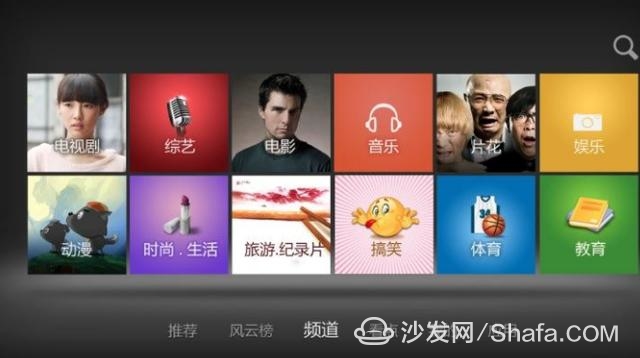
The TV has transformed into a brand-new internet portal, with the mouse now taking control instead of the traditional remote. The internet is rapidly taking over all screens.
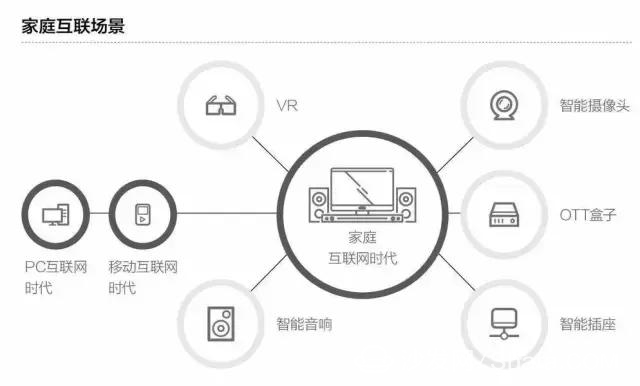
Is the traditional TV transmission network being broken by the internet?
For years, the TV industry relied on wired networks to connect stations and viewers. Content was broadcast directly from TV stations, forming a closed system. However, this model was eventually disrupted by the rise of internet technology.
The first major shift came with IPTV, where telecom operators provided an alternative to traditional cable, offering users more on-demand content. However, these resources were largely controlled by local branches of China Unicom and China Telecom, limiting opportunities for other players.
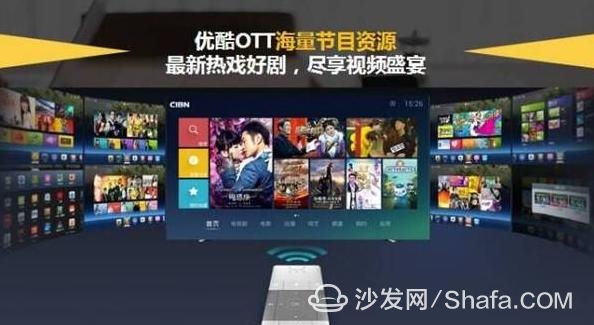
Eventually, private equity-backed OTT TV emerged, using the internet to deliver content directly to smart TVs. According to Ovid Cloud's research, as of December 2016, internet TV had over 8,000 TV dramas, 19,000 movies, 5,000 animations, and 8,000 variety shows, covering 85% of online video resources. With over 200 million devices in use, it reached 36% of Chinese households.
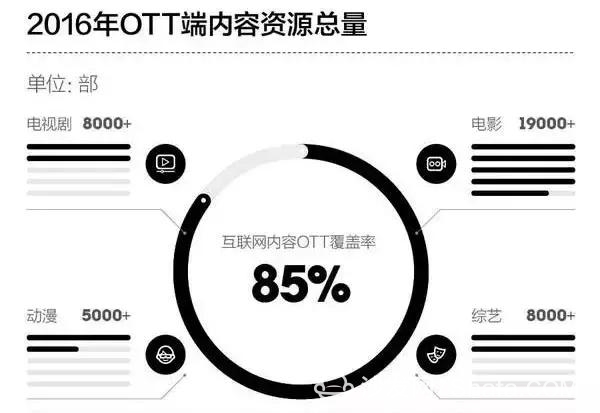
Data shows that the average daily usage of smart TVs reached 6.01 hours, nearly two hours longer than traditional TVs.
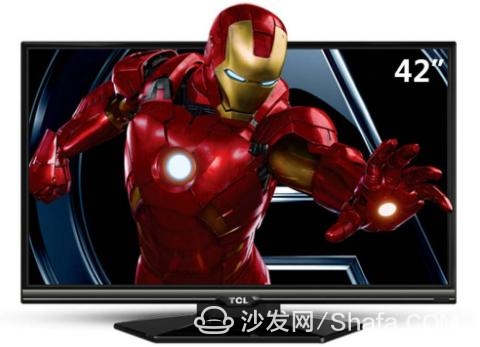
After the internet took control of content, did TV channels become overwhelmed with low-quality material?
Unlike the past, when TV stations had limited options, today’s video platforms can acquire high-value copyrights and even distribute them to TV stations. This has led to unequal agreements like “premiere online but delay broadcast†or “slow down platform access.â€
For example, the drama linked to Zhou Ding's theater saw a sharp drop in TV ratings despite high online views, showing the impact of content distribution strategies.
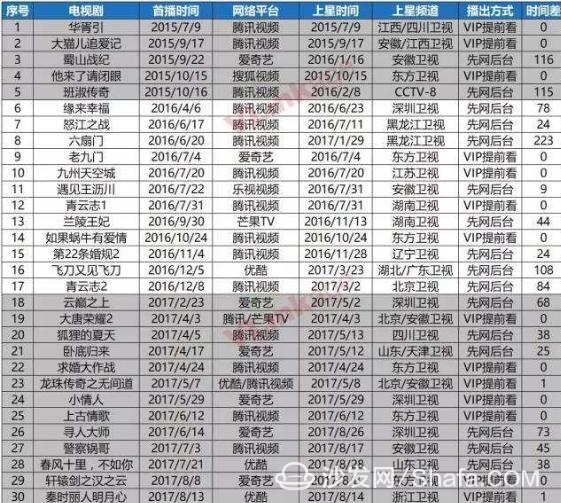
When video sites gained control of key content, TV channels found themselves with little value left.
TV stations often hand over broadcasting rights, and as video platforms grow stronger, they may end up competing for airtime, knocking on others' doors just to show their programs.

Sansheng III premiered on Zhejiang and Dragon TV
Hunan Network - Mango TV Strikes Back?Hunan Satellite TV’s online platform, Mango TV, has grown quickly. It exclusively hosts the station’s most popular content, making users willing to pay for quality. Many users download and install it at home via Wi-Fi. Years of online video habits have made Mango TV a standout in the market.
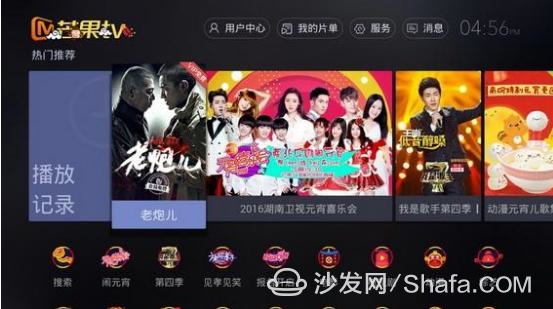
If other provincial TV stations, such as Jiangsu and Zhejiang, follow Hunan’s lead and sell their content to Youku, iQiyi, and Tencent, the internet platforms might also be affected.
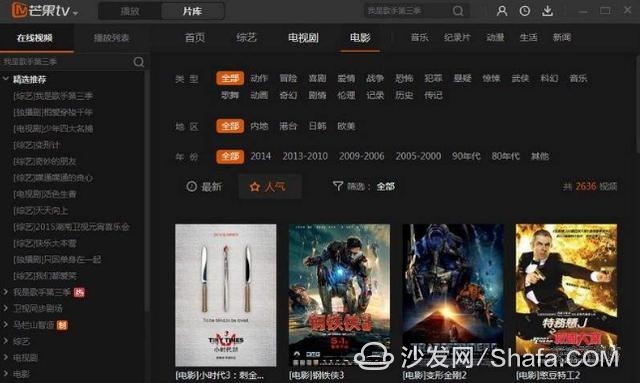
However, the internet platforms have their own advantages. Companies like Youku and iQiyi are backed by the Big Three (Tencent, Baidu, Alibaba), giving them the financial power to produce high-quality content. Traditional TV stations, on the other hand, need more funding to support premium programming.

Additionally, when content is placed on online platforms like Mango TV, it faces challenges in reaching wider audiences. For example, the show "Star Detectives" stopped airing on TV, but its core audience remains loyal to Hunan TV rather than the broader internet community, leading to lower overall reach and affecting later advertising and post-season opportunities.
In conclusion, in this era, greater integration and openness will drive progress. First-tier platforms have the content to lead, and there is still room for survival through collaboration. By complementing each other and achieving full platform coverage, both the audience, producers, and advertisers benefit from a more positive and sustainable model.
Smart TV/box information can focus on smart TV information network sofa butler (http://), China's influential TV box and smart TV website, providing information, communication, TV boxes, smart TVs, smart TV software, etc. Answering questions.Guangzhou Yunge Tianhong Electronic Technology Co., Ltd , http://www.e-cigaretteyfactory.com